Washington, MINA – Indonesia’s textile industry is facing a significant challenge in the U.S. market, with import tariffs CTA on Indonesian textile products reaching as high as 47 percent, according to Coordinating Minister for Economic Affairs Airlangga Hartarto.
The statement comes as the Indonesian government seeks to negotiate lower tariffs with the United States to protect its textile sector from economic strain.
Under the administration of U.S. President Donald Trump, tariffs of up to 32 percent were imposed on Southeast Asian countries, including Indonesia. Although currently suspended for 90 days to allow room for negotiations, these tariffs continue to pose a serious threat to Indonesia’s export competitiveness.
In response, a high-level Indonesian delegation led by Airlangga Hartarto visited Washington to seek mutually beneficial solutions. During the talks, Indonesia proposed increasing imports of U.S. goods valued between $18 billion and $19 billion, including approximately $10 billion in energy products.
Also Read: Indonesia Leads the World in Daily Prayer Habits
This initiative is aimed at reducing Indonesia’s trade surplus with the U.S., which reached $16.8 billion in 2024.
The U.S. is a key market for Indonesian textiles, and the high tariff rates have made Indonesian products less competitive compared to those from countries like Vietnam, which benefits from a free trade agreement with the United States and thus enjoys lower tariffs.
As a result, several major Indonesian textile companies are struggling, with some even filing for bankruptcy.
The Indonesian government is emphasizing the urgency of concluding the Indonesia-European Union Comprehensive Economic Partnership Agreement (IEU-CEPA) to diversify export markets and reduce dependence on the U.S.
Also Read: Jakarta’s Air Quality Among World’s Worst Today
The European Union represents Indonesia’s largest textile market, accounting for roughly 30 percent of global demand for its products.
In addition, the government is planning a revitalization of the domestic textile industry through investment subsidies and modernization programs, aiming to boost global competitiveness.[]
Mi’raj News Agency (MINA)
Also Read: President Prabowo Receives US Special Operations Command Medal





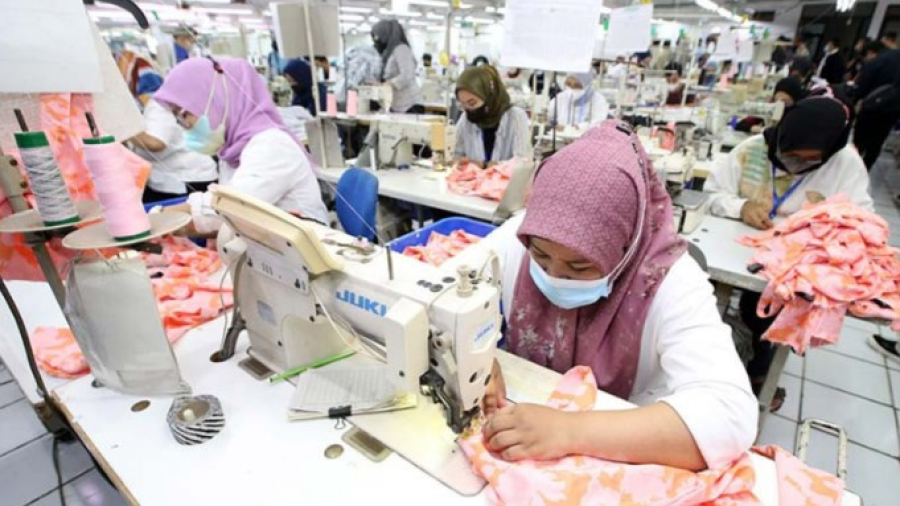




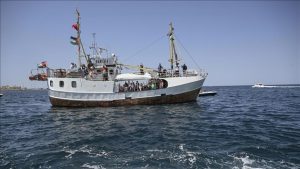

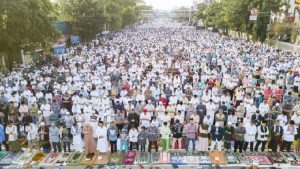
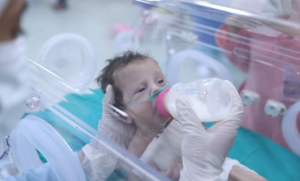

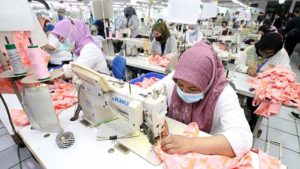



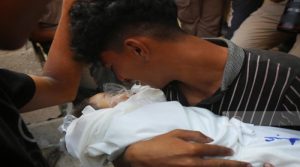
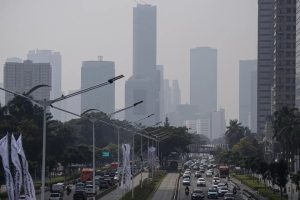



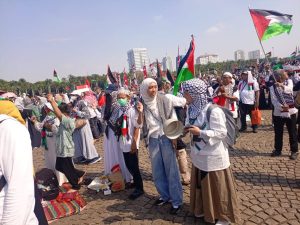
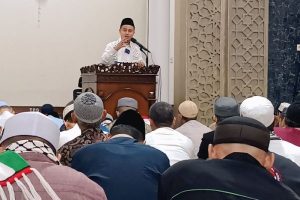



 Mina Indonesia
Mina Indonesia Mina Arabic
Mina Arabic